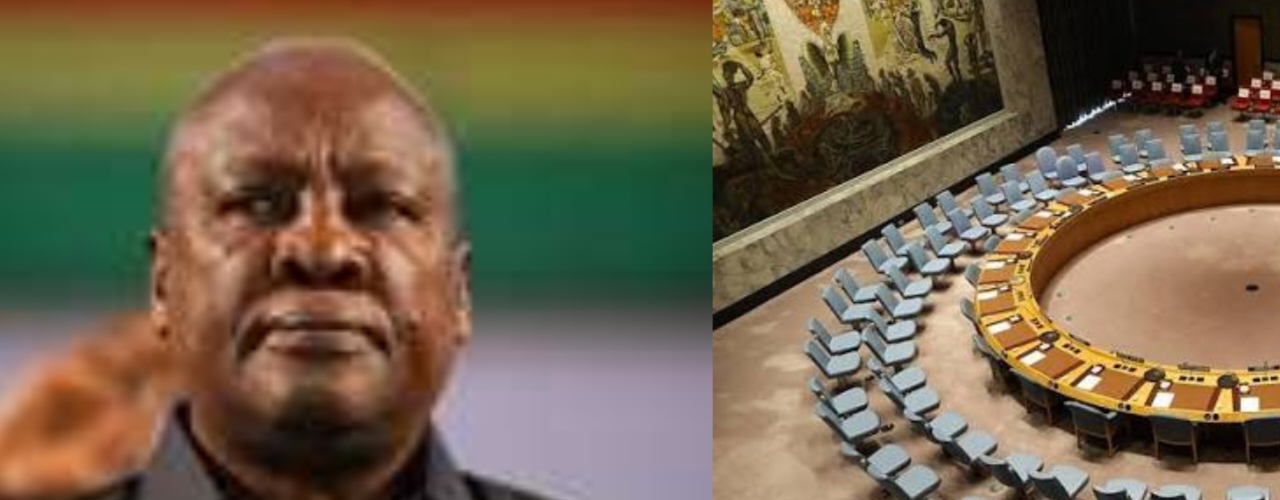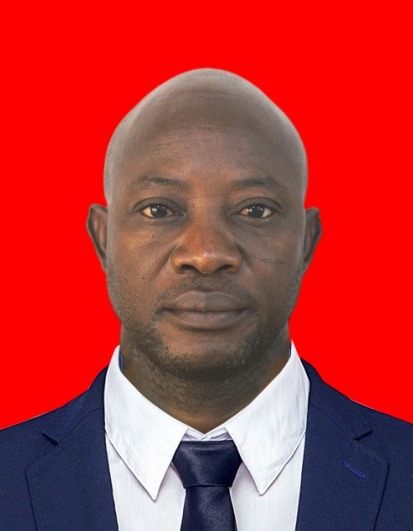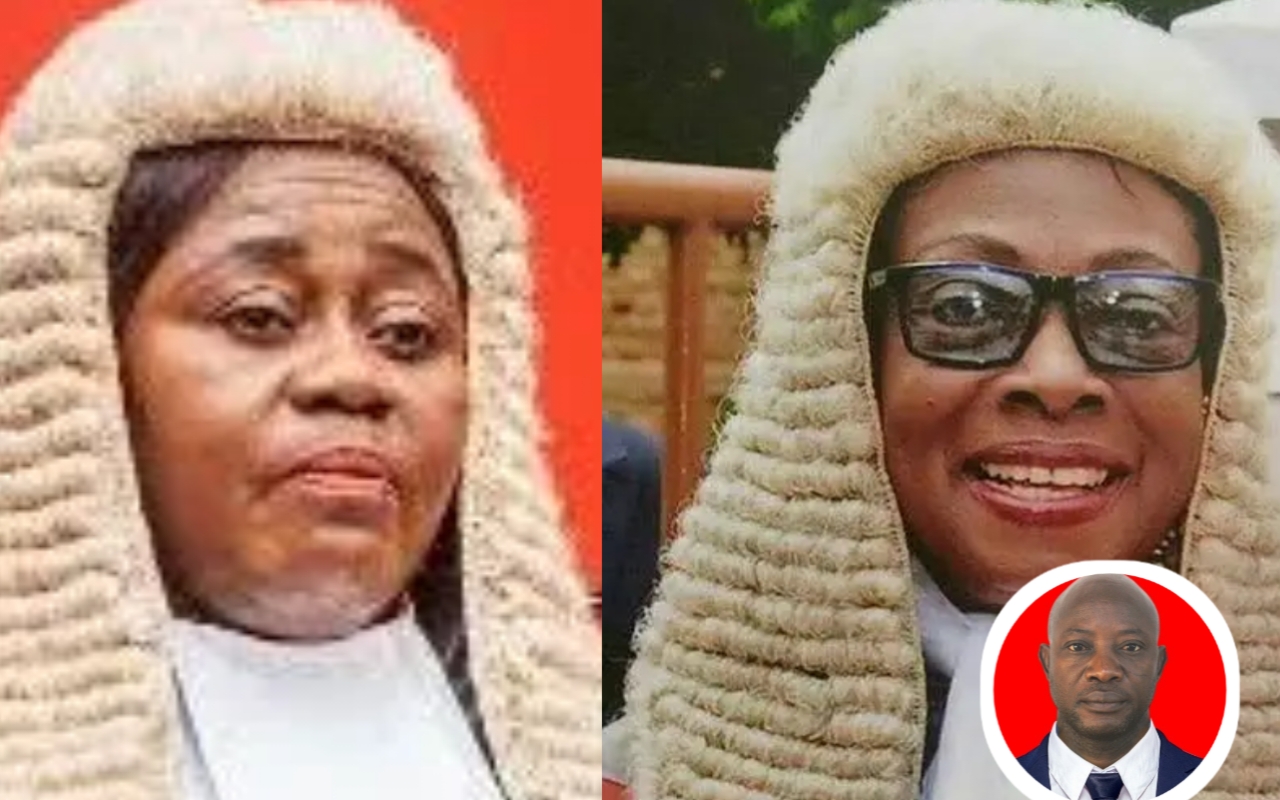President John Dramani Mahama did something many African leaders only whisper about. He named the injustice plainly and without apology. He exposed an international order that still carries the fingerprints of 1945, where the United States, the United Kingdom, France, Russia and China sit on the United Nations Security Council with permanent privileges, whilescalate, responsible for much of the Council’s work and consequences, remains without a permanent voice. That blunt truth should be uncomfortable for anyone who still believes the UN speaks for all nations.
This is not academic nitpicking. The Security Council’s present shape has real victims. In Libya, a so-called humanitarian resolution became NATO’s license to bomb, leaving a fractured state and chaos across the Sahel. In Iraq, fabricated claims paved the way for war, destabilising a region and breeding terror networks that still haunt Africa. Time and again, the privileged few make decisions that devastate millions who never had a seat at the table.
The hypocrisy is raw. Washington, London and Paris preach democracy and equality while clinging to privileges from a bygone century. They want African votes in the General Assembly, soldiers for peacekeeping missions, and access to resources, but when it comes to sharing power, they hide behind vetoes and outdated bargains. That is not just arrogance, it is the systematic denial of equal standing in global governance. Africans must say enough is enough!
This is where President Mahama’s voice cuts through. His call echoes the Ezulwini Consensus, the African Union’s position since 2005, which demanded nothing less than two permanent seats with veto power and five non-permanent seats for Africa. This demand rests on population size, Africa’s contribution to UN operations, and the undeniable fact that most of the Council’s business is Africa-related. Yet for twenty years, the U.S., U.K., France, Russia and China have ignored it, exposing the Security Council as a relic of 1945 rather than a body fit for today’s realities.
Mahama has breathed new life into that demand. But speeches alone will not move mountains. If the Security Council refuses to change, Africa must act, not plead, not beg, but act. That means refusing to continue business as usual. No more unconditional cooperation with peacekeeping demands. No more African troops deployed while Africa has no say in decisions of war and peace. No more blind votes in the General Assembly that give the UN cover while Africa is locked out of the highest chamber. And no more quiet acceptance of sanctions, interventions, and humiliations imposed without African consent.
If reform continues to be blocked, Africa must escalate. Boycott key UN sessions. Refuse to recognise Security Council resolutions that concern Africa without African input. Withdraw our signatures from institutions that thrive on our legitimacy but deny us representation. And, if necessary, prepare for a collective walkout from the UN itself. For too long, Africa’s patience has been mistaken for weakness. Now it must be weaponised into strength.
None of this will be easy. A mass withdrawal from UN institutions would be seismic and costly. But endless passivity is worse: it means sanctions imposed without input, interventions justified without consent, and a world order that treats an entire continent as a bystander. Prudence weighs risks; cowardice does nothing.
Mahama has done the continent a service by putting the question bluntly: either the UN reforms to reflect the world it claims to represent, or the Council’s legitimacy will collapse further. The choice now faces not only African governments but also the wider world: will powerful states continue monopolising decisions about war and peace, or will the UN evolve to reflect today’s moral and demographic realities?
This is not about pride, it is about justice, governance and the prevention of future catastrophes. A Security Council that excludes Africa is not a guardian of peace; it is a gatekeeper of inequality. Mahama has said it as it is.
And here is the unvarnished truth: if the UN refuses to change, Africa must be ready to walk out. No continent should keep lending its resources, its troops, its votes, and its legitimacy to an institution that denies it dignity. The P5 have mistaken African patience for weakness for far too long. That time is over. Either the world reforms now, or Africa must rise, stand as one, and break free from a system that has chained it since 1945.
Africans are no longer just watching. We are preparing.
FAB’s Gist.
Mahama Revives Nkrumah’s Dream: The World Must Stop Ignoring Africa at the UN
Opinions | By FRANCIS ANGBABORA BAALADONG
7 days ago

Comments
Leave a Comment
No comments yet. Be the first to comment!
Source:

.png)
